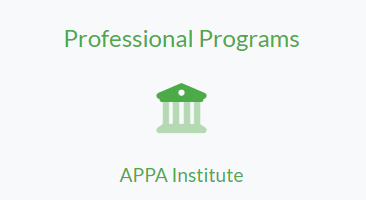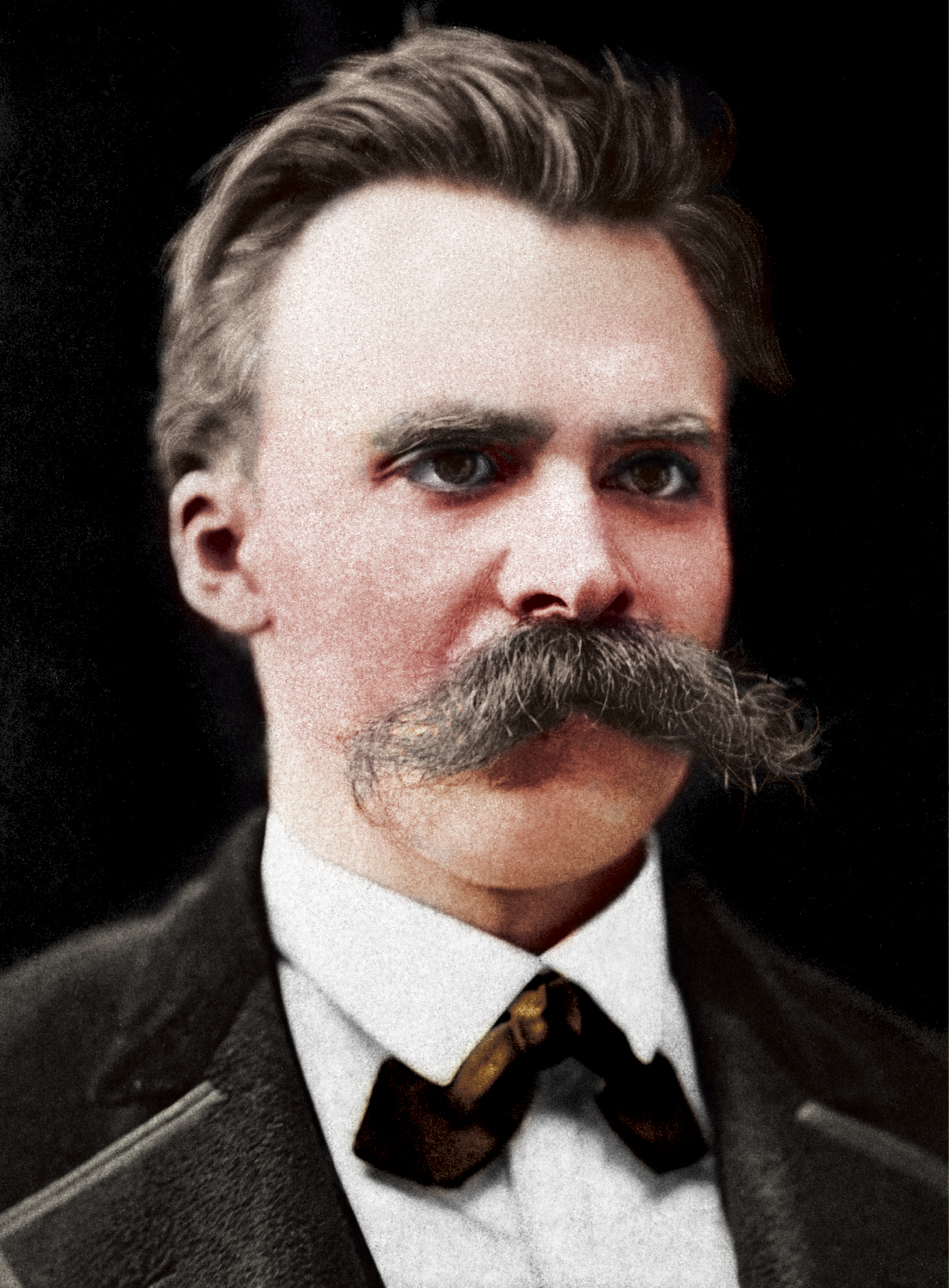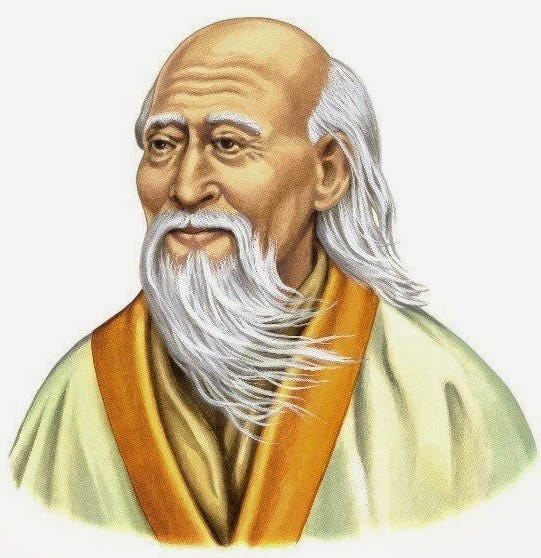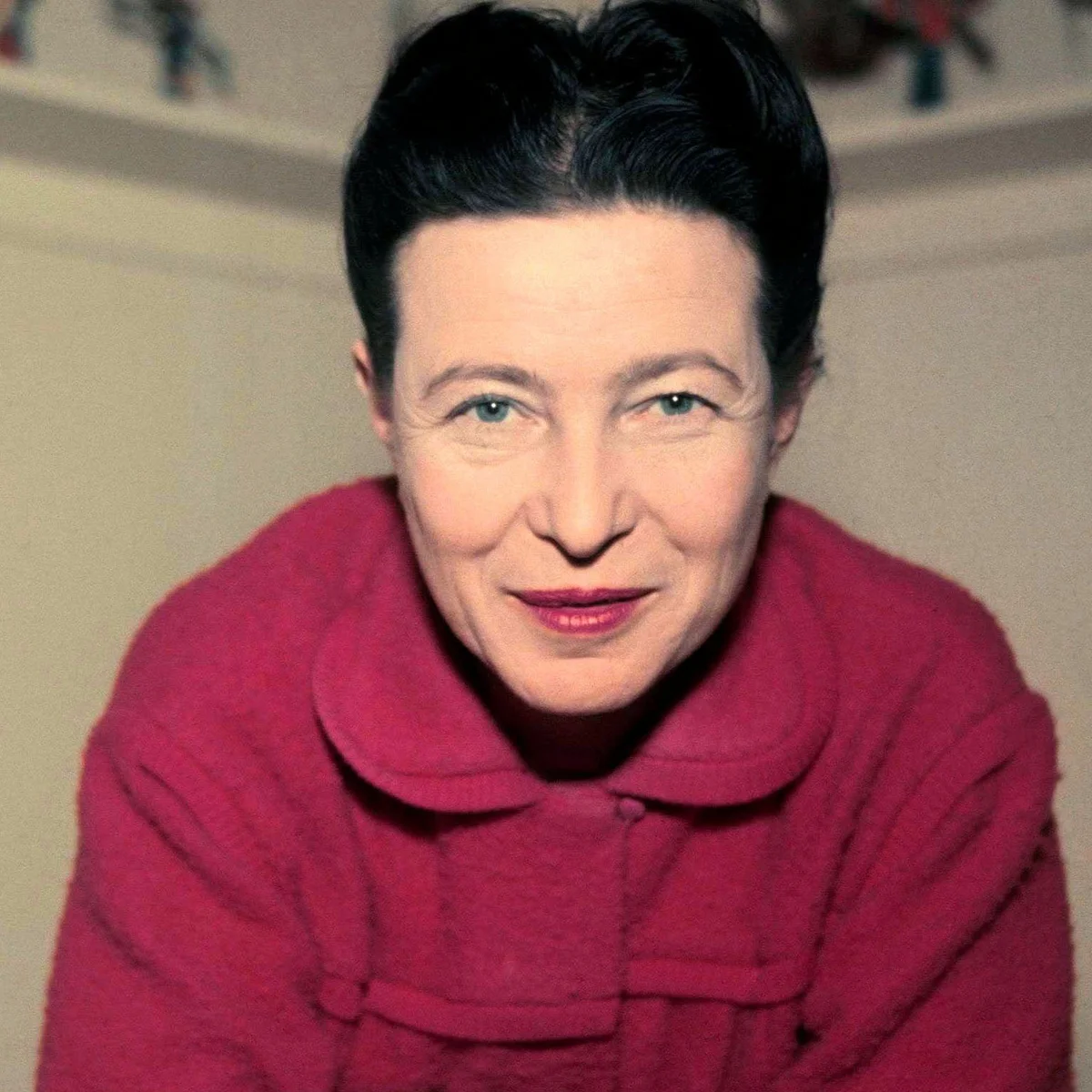

Next Program Date(s): October 18, 2025


Next Program Date(s): November 8, 2025


Next Program Date(s): TBA
Pierre Grimes: The Systematic Study of Philosophical Midwifery, online via zoom
Pierre Grimes has shown that the primary cause of a class of human problems lies in the rejection and ignoring of the depth and meaning of the Self. He will present the theory and method for surfacing what he calls the pathologos from his book, Philosophical Midwifery: a new paradigm for understanding human problems, that included its psychological verification by Dr. Regina Uliana. It is recommended that those entering this course review the Power Point Presentation, “PMW and Dreams.”
Pierre passed away peacefully at 99 years of age, not long after having delivered this course in 2024. APPA is pleased and proud to re-run Pierre’s course via the original recordings, with Nancy Grimes and Regina Uliana on hand to moderate Q&A after each and every recorded lecture by Pierre.


Next Program Date(s): TBA
Massimo Pigliucci, Stoicism for Everyday Life, online via zoom
Course description: Stoicism is an ancient Greco-Roman philosophy of life based on the notion that human beings are social creatures capable of reason, and that if we live accordingly we will be happy. It’s about cultivating our positive character traits while reducing the impact of unhealthy emotions on our lives. Above all, it is about striving to become the best member of the human cosmopolis that we can manage to be. The course will explore the philosophies of the three big Roman Stoics: Epictetus, Marcus Aurelius, and Seneca. Each week we will also discuss a practical exercise so that we can live, not just think, like a Stoic.


Next Program Date(s): TBA
Greg Sadler: Understanding Anger, online via Zoom
Course Description: The emotion of anger proved as troublesome and ubiquitous in ancient times and culture as it continues to do in our late modern times. Many philosophical schools and thinkers devoted considerable thought and attention to understanding this difficult emotion and developing perspectives and practices useful for dealing with the response of anger, its causes, and its effects. During the class sessions, we will examine five main robust and reasonable approaches to anger worked out in ancient Greek and Roman philosophy. We will also outline a number of practices helpful for evaluating, understanding, and dealing with anger.


Next Program Date(s): TBA
Skye Cleary: Philosophy of Love for Everyday Life, online via zoom
Course description: What is love? To what extent can we choose to love? Is true harmony possible? What is the relationship between love and sex, lust, friendship, marriage, and the meaning of life? How do ethics, morals, and culture influence how we love? This course will explore such questions by drawing upon existential approaches to love—with a special focus on the philosophies of Søren Kierkegaard, Simone de Beauvoir, and Jean-Paul Sartre who were interested in lived experiences—in order to explore the nature, meaning, and practical challenges of loving in our everyday lives.


Next Program Date(s): TBA
Rick Repetti: Jainism, Wisdom in Everyday Life, online via zoom
This course will introduce the major concepts, theories, figures, and philosophical frameworks and spiritual practices of the religion of Jainism, one of the world’s oldest and longest living religious and philosophical traditions. We will practice some of the meditation techniques toward the end of each class, followed by Q&A.


Next Program Date(s): TBA
Rick Repetti: Indian Philosophy for Wisdom in Everyday Life, online via zoom
India is the land of yoga, meditation, Hinduism, Buddhism, Jainism, Sikhism, and virtually countless derivative traditions, lineages, and forms of philosophical, spiritual, meditative, and contemplative exploration. Various versions of these philosophies influenced the rest of Asia over the millennia, and in the contemporary era so many forms of yoga, meditation, and Buddhism have become almost as popular in the West as Starbucks. These philosophies mostly aim at self-transformation, inner peace, wisdom, and mental freedom. This course overviews the philosophical frameworks of five of the major philosophical traditions of India, and guides us through the practical techniques – several meditation and related practices – and ways of applying them in our daily lives.


Next Program Date(s): TBA, online via zoom
Lydia Amir: Transformative Philosophy, online via zoom
Transformative philosophy aims to emphasize the power of Western philosophy in bringing about personal change. It argues that philosophic ideals are viable today as they were in the past; and that choosing among them one ideal which is suitable to one s temperament, studying it and implementing it in everyday life is deeply transformative. The course aims to provide an introduction to such as approach.

Philosophy for Personal and Professional Development
The APPA Institute is open to Adjunct, Associate, Affiliate and Certified Members. Courses are designed to enhance personal and professional development.
Some courses can be completed in one day. Others will run two hours per week for several weeks. Courses are taught by APPA Faculty, and count for credits toward an Accreditation in Professional Development. Enrollments will be kept to a minimum, usually 6-12 participants per course, to ensure maximum interaction.
Enrollments will be on a first-come, first-served basis. If you would like to be notified when a course opens for enrollment, please submit this form:
APPA Institute
Yes, please send me priority notification on courses.


